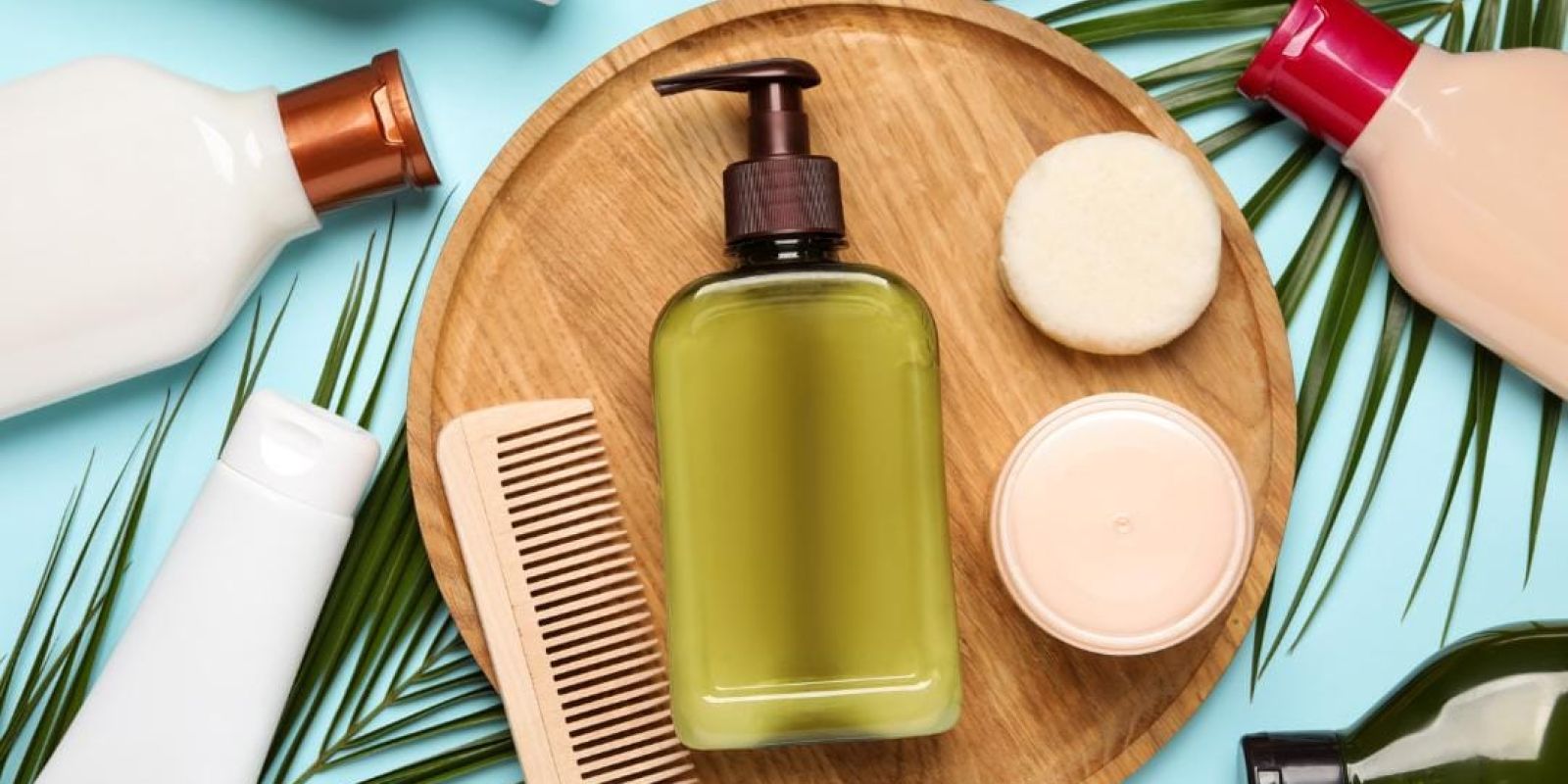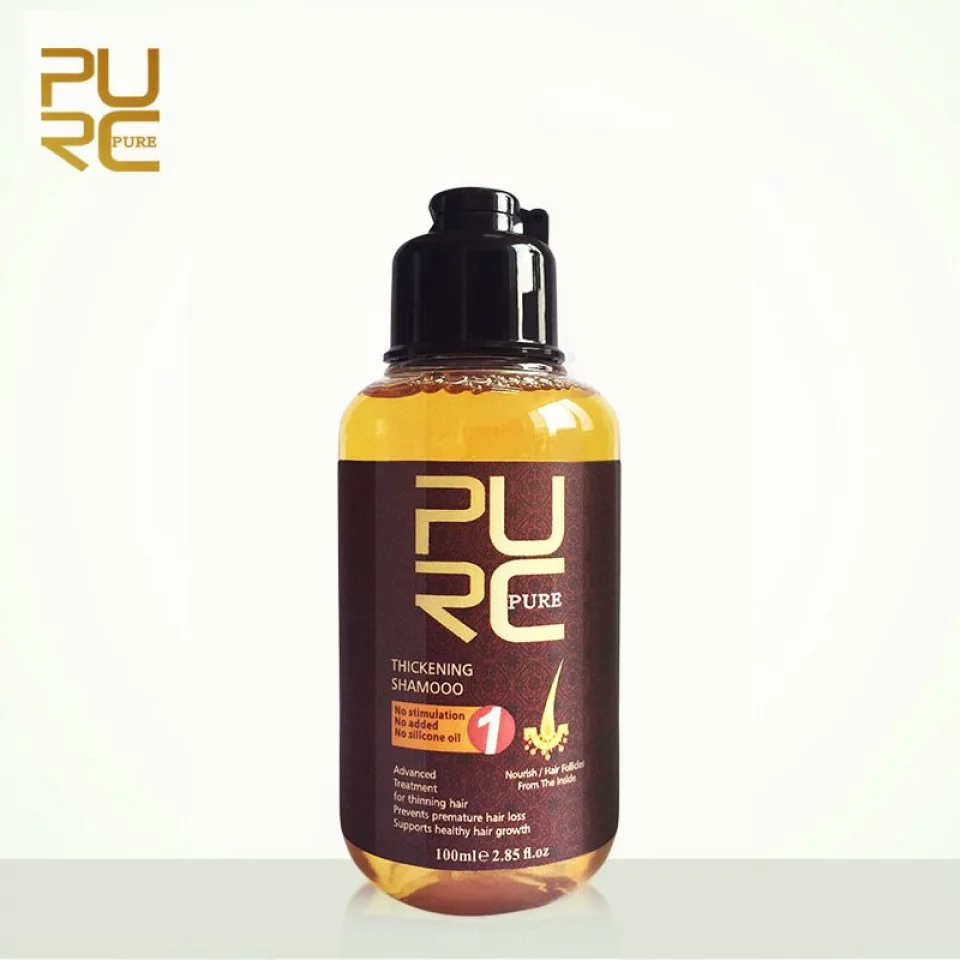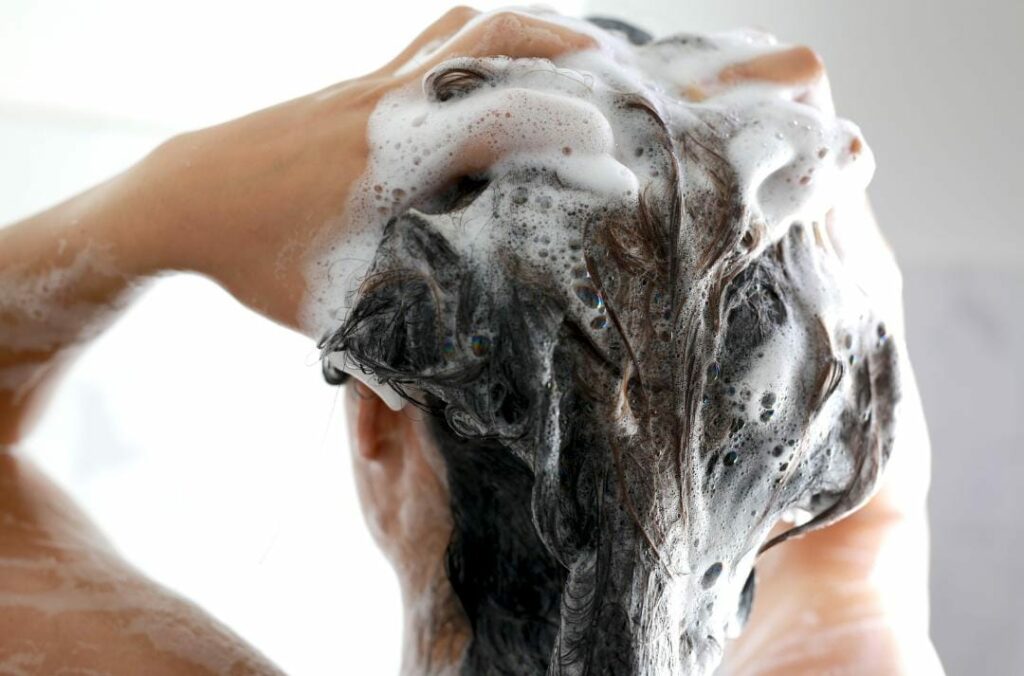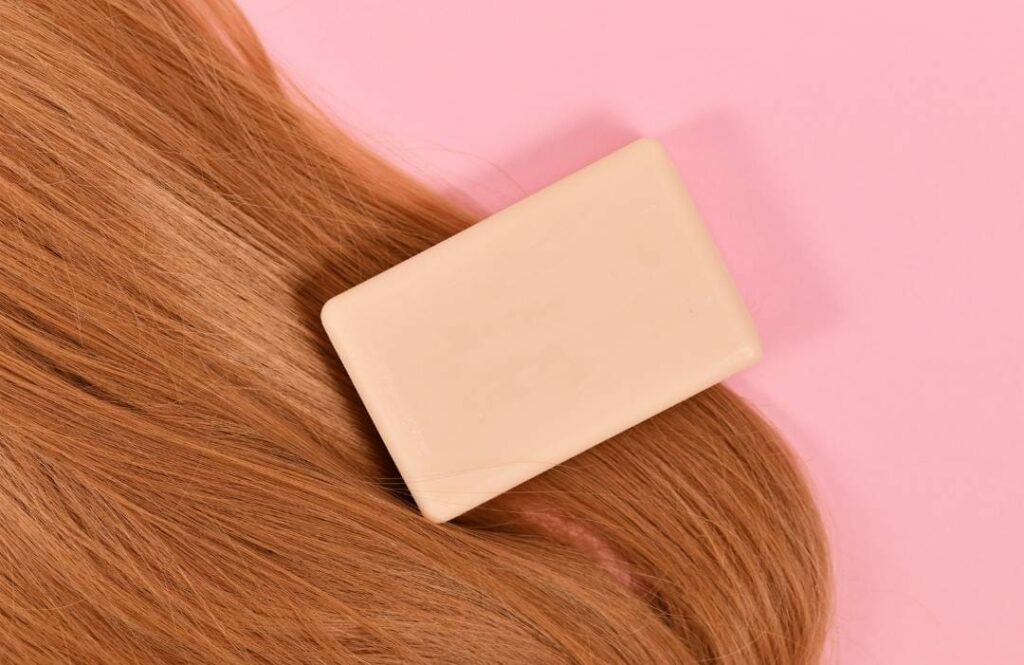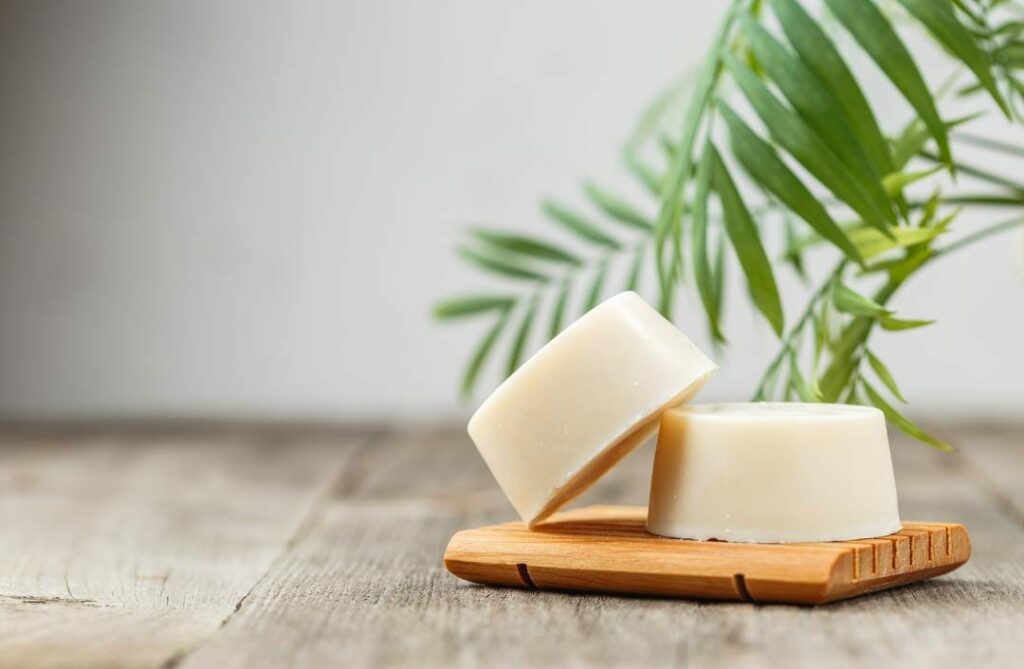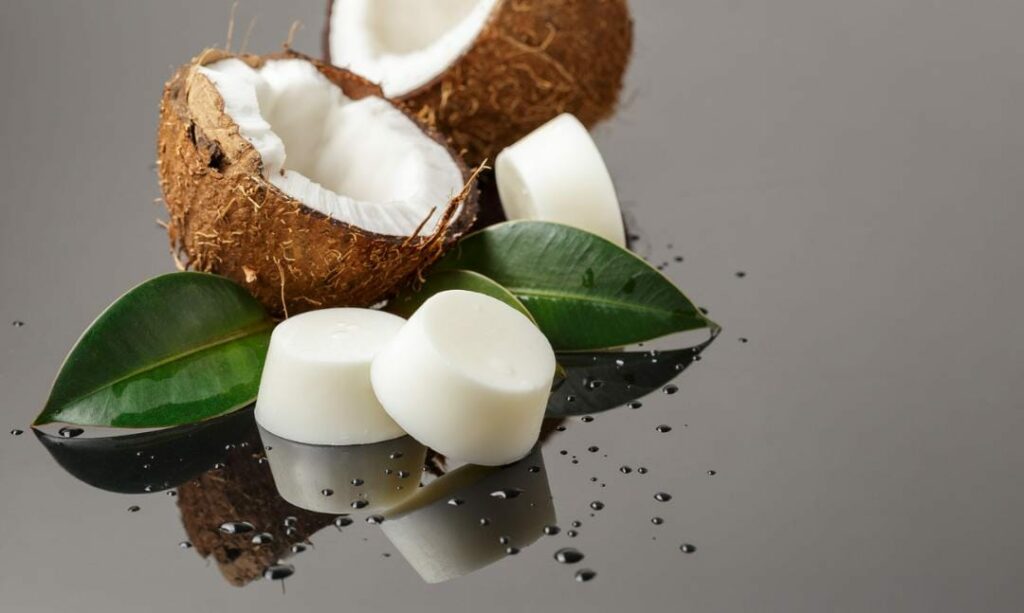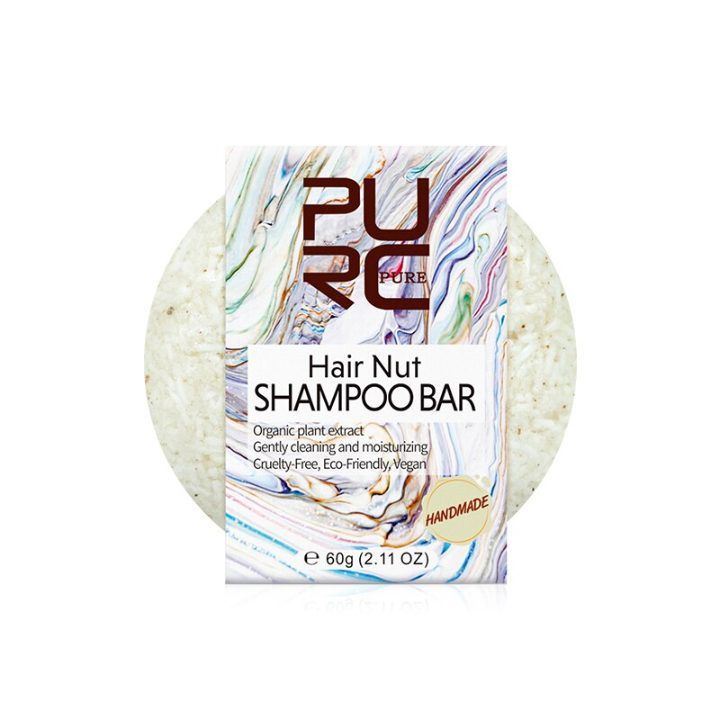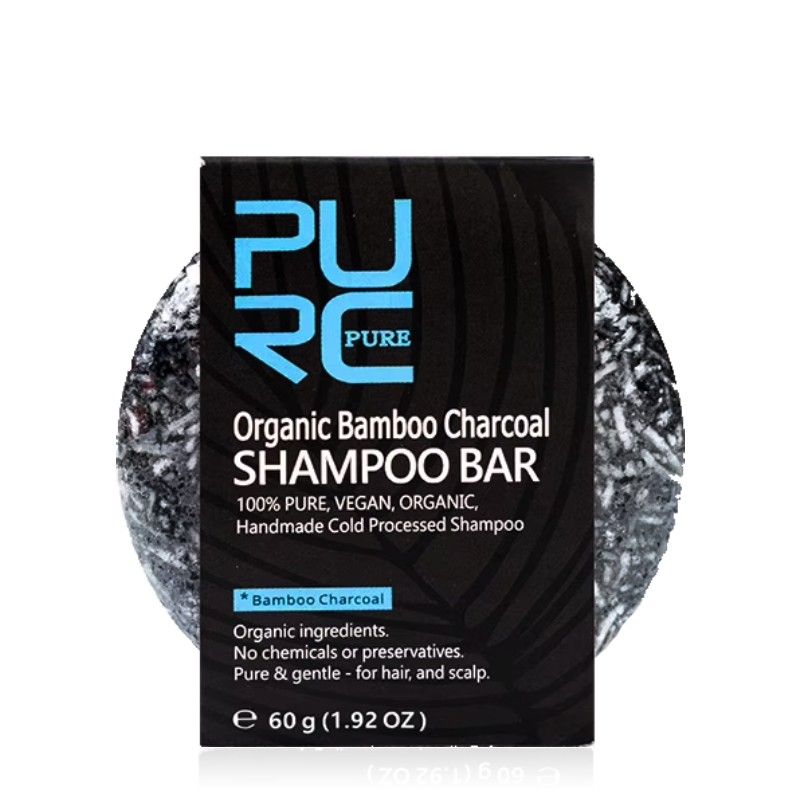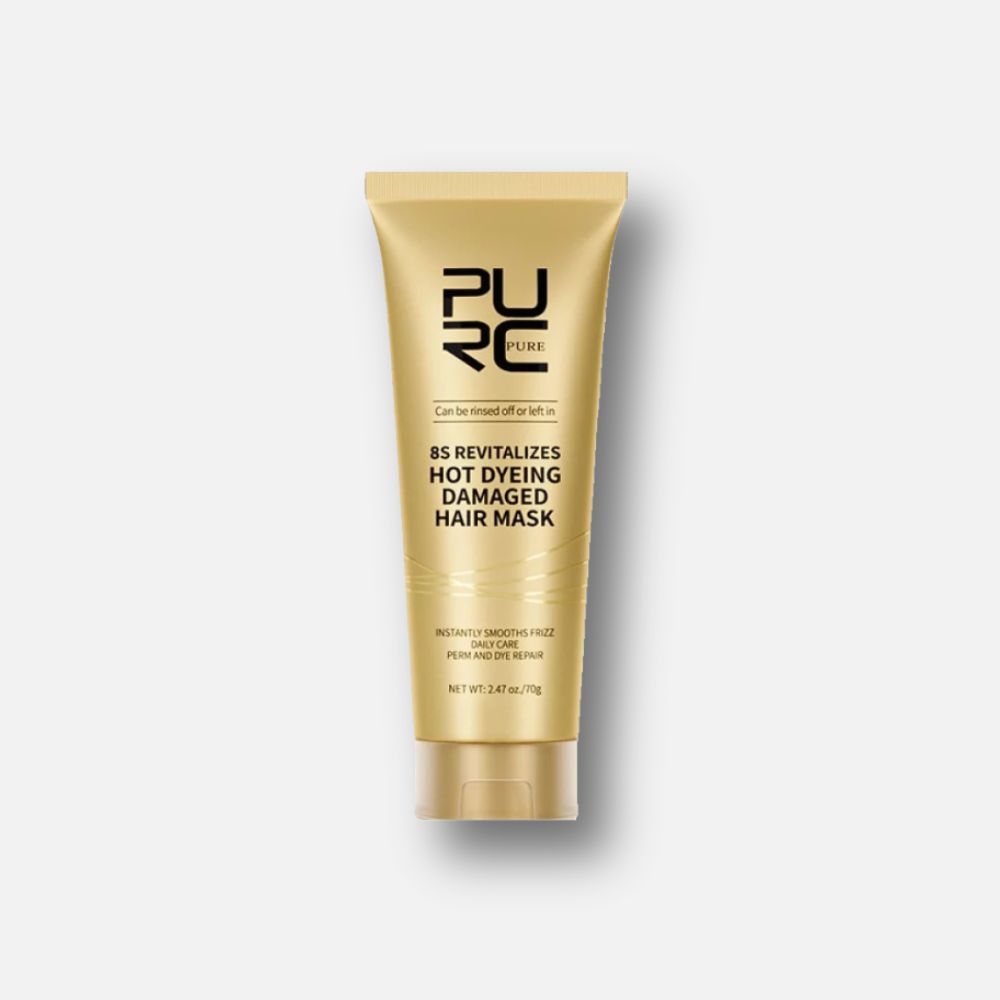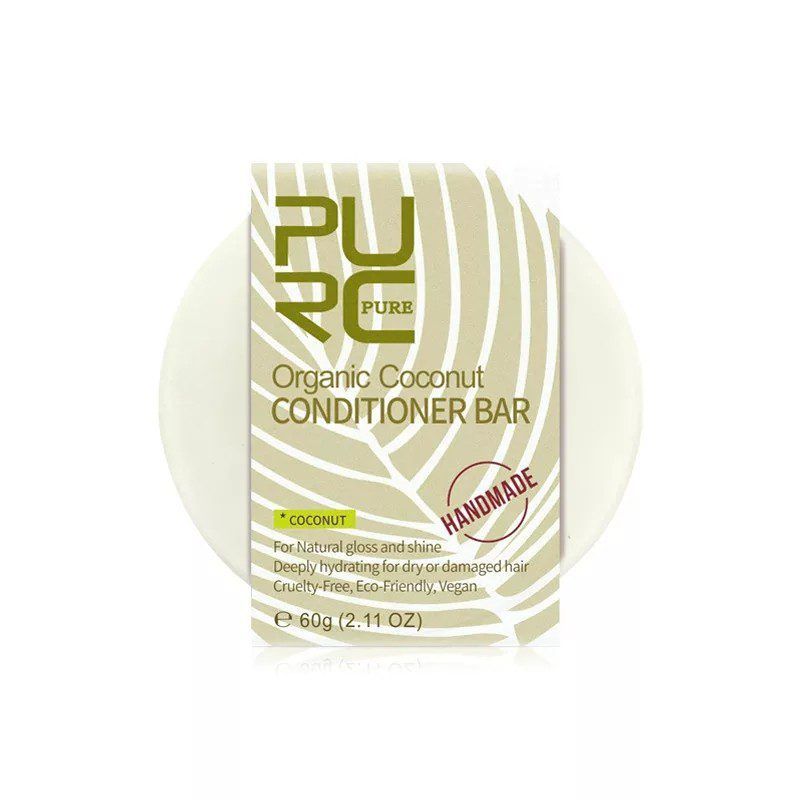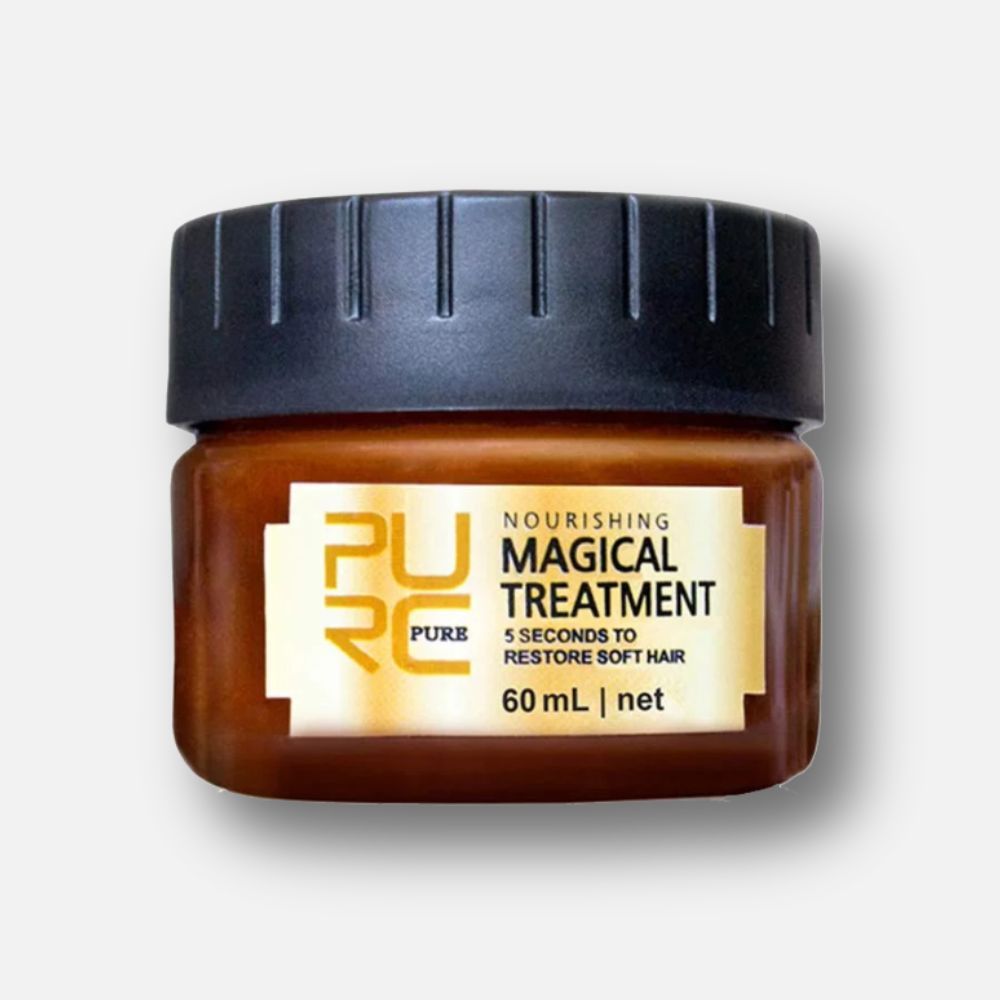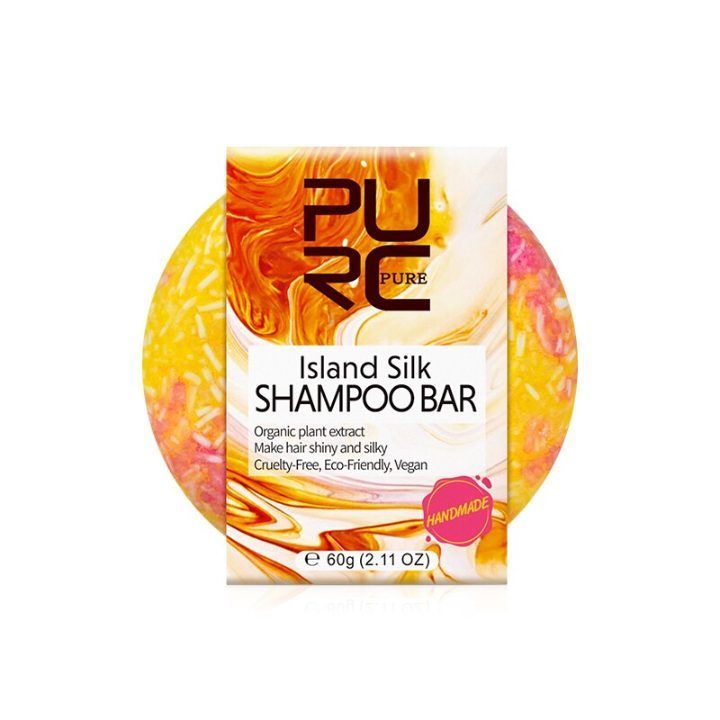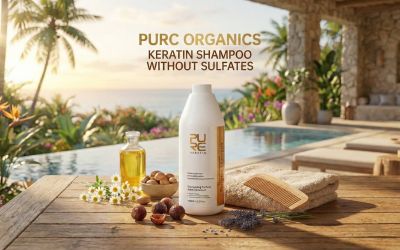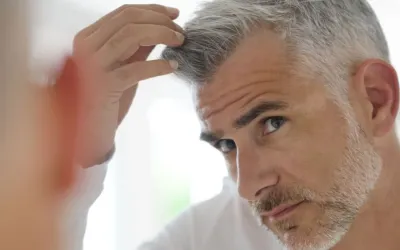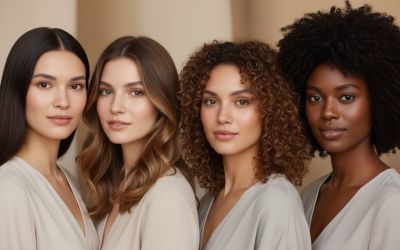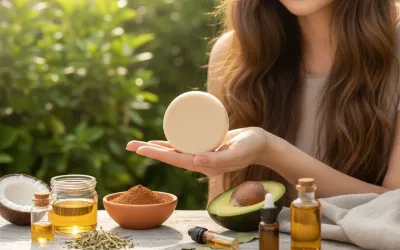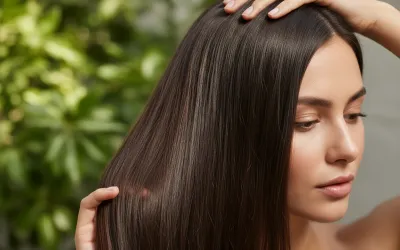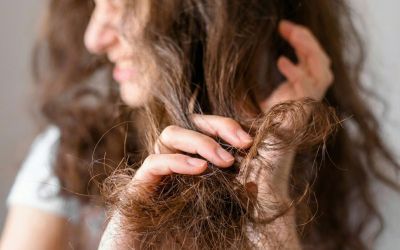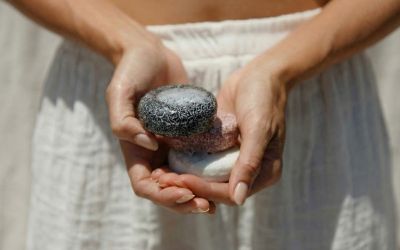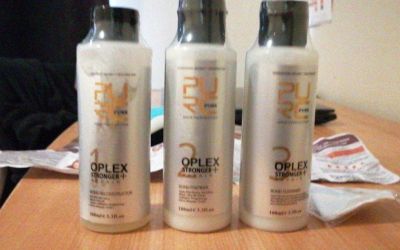Are you looking for a new way to wash your hair? Do you want to avoid harsh chemicals and go natural? If so, you might be interested in learning more about sulfate-free shampoos and shampoo bars. These are two popular alternatives to regular shampoos that claim to be gentler and healthier for your hair and scalp. But what are they exactly, and how do they compare? In this blog, we will explore the benefits and drawbacks of both options and help you decide which is best for you.
What are Sulfate-Free Shampoos?
Sulfate-free shampoos are hair cleansers that do not contain sulfate-based ingredients, such as sodium lauryl sulfate (SLS) or sodium laureth sulfate (SLES). Regular shampoos commonly use these ingredients to create a rich lather and remove dirt, oil, and product buildup from the hair.
However, they can also strip away the natural oils and moisture from the hair and scalp, making them dry, brittle, and prone to damage. On the other hand, sulfate-free shampoos use gentler cleansing agents that preserve the hair’s natural balance and health.
How Do They Work?
Sulfate-free shampoos use alternative surfactants, such as coco-glucoside, decyl glucoside, or sodium cocoyl isethionate, to gently cleanse the hair without stripping it of its natural oils. These surfactants are derived from natural sources, such as coconut, palm, or corn, and are biodegradable and environmentally friendly. They also have a lower pH than sulfates, which helps maintain the hair’s natural acidity and prevent color fading.
When Should You Use Them?
Sulfate-free shampoos are suitable for all hair types but are especially beneficial for those with dry, damaged, curly, or color-treated hair. These hair types tend to be more sensitive and vulnerable to moisture loss and breakage caused by harsh sulfates. Sulfate-free shampoos can help retain the hair’s natural moisture and repair its cuticle layer, making it smoother, shinier, and more robust. Sulfate-free shampoos can also help extend the life of your hair color by preventing it from washing out too quickly.
FAQs:
1. Do sulfate-free shampoos lather well?
Sulfate-free shampoos may not lather as much as regular shampoos, but they are still effective at cleansing your hair. The amount of lather does not indicate how well a shampoo cleanses your hair but rather how much sulfates it contains. Sulfate-free shampoos can still clean your hair thoroughly without creating a lot of foam.
2. Can you wash your hair every day with sulfate-free shampoo?
You can wash your hair daily with sulfate-free shampoo if you need to, but it is generally recommended to wash your hair less frequently to avoid over-cleansing and drying out your hair. Depending on your hair type and condition, you may wash your hair every other day or every few days with a sulfate-free shampoo. You can also use a dry shampoo between washes to refresh your hair and absorb excess oil.
3. Why is your hair greasy after using sulfate-free shampoo?
Your hair may feel greasy after using sulfate-free shampoo for the first few times because your scalp is adjusting to the change in cleansing agents. Your scalp may be used to producing more oil to compensate for the moisture loss caused by sulfates, and it may take some time for it to regulate its oil production. This is normal and temporary, and your hair will eventually feel softer and cleaner after using sulfate-free shampoo.
Sulfate-free shampoos are an excellent option for anyone who wants to keep their hair healthy, hydrated, and vibrant. They can help protect your hair from damage, dryness, and color fading caused by harsh sulfates. They can also improve your hair’s texture, shine, and manageability by preserving its natural oils and moisture. If you want to switch to a sulfate-free shampoo, look for products labeled as such or check the ingredients list for any sulfate-based compounds.
What are Shampoo Bars?

Try shampoo bars if you want a more eco-friendly and natural way to wash your hair. Shampoo bars are solid bars of soap specially formulated for hair cleansing and conditioning. They are similar to regular soap bars but contain beneficial ingredients for your hair and scalp, such as oils, butter, herbs, and essential oils. Shampoo bars are:
- Environmentally Friendly: Shampoo bars do not require plastic packaging, which reduces waste and pollution. They also last longer than liquid shampoos, so you must buy them less often.
- Gentle: Shampoo bars do not contain harsh chemicals like sulfates and parabens, which can strip your hair of its natural oils and cause dryness and irritation. Shampoo bars are made with natural ingredients that nourish and moisturize your hair and scalp.
- Portable And Convenient: Shampoo bars are easy to carry around, especially when you travel. They occupy less space in your luggage and do not leak or spill. They are also ideal for camping, hiking, or gym use.
- Versatile: Shampoo bars come in different varieties for different hair types and needs. You can find shampoo bars for dry hair, oily hair, curly hair, colored hair, etc. You can also find shampoo bars with specific functions like darkening, volumizing, or anti-dandruff.
How To Use Shampoo Bars?
- Wet your hair and the shampoo bar.
- Rub the shampoo bar between your hands to create a lather, or rub it directly on your hair.
- Massage the lather into your hair and scalp, just like you would with liquid shampoo.
- Rinse your hair thoroughly with water.
- Repeat if necessary.
FAQs
1. How long does a shampoo bar last?
A shampoo bar can last anywhere from 50 to 100 washes, depending on the size of the bar, the length of your hair, and how often you wash it. On average, a shampoo bar can replace two to three bottles of liquid shampoo.
2. Do shampoo bars lather well?
Yes, most shampoo bars lather well, especially if you rub them directly on your wet hair. However, some factors can affect the lather quality, such as the hardness of the water, the ingredients of the bar, and the amount of oil in your hair. If your shampoo bar does not lather enough, try using more water, rubbing it more vigorously, or switching to a different bar.
3. Do shampoo bars work for all hair types?
Yes, shampoo bars can work for all hair types if you choose the right one. There are shampoo bars for dry hair, oily hair, curly hair, colored hair, etc. You can also find shampoo bars that have specific functions, such as darkening, and volumizing.
Which Is Better?
Consider switching to shampoo bars if you want a better way to wash your hair. Shampoo bars are solid bars of soap specially formulated for hair cleansing and conditioning. They have many benefits over conventional liquid shampoos, such as being eco-friendly, gentle, natural, long-lasting, and convenient. Here are some reasons why shampoo bars are better than sulfate-free shampoos and how to use them.
1. Shampoo Bars are Eco-friendly
One of the main advantages of shampoo bars is that they do not require plastic packaging, which reduces waste and pollution. According to Pacific Spirit, a single shampoo bar can last 90 washes, equivalent to 2 to 3 bottles of liquid shampoo. You can save money and space in your bathroom using shampoo bars instead of bottled products.
2. Shampoo Bars are Gentle
Another benefit of shampoo bars is that they do not contain harsh chemicals like sulfates, parabens, and silicones that can strip your hair of its natural oils and leave it dry and brittle. Shampoo bars are made with natural ingredients like oils, butter, herbs, and essential oils that nourish and moisturize your hair and scalp. Shampoo bars also have a lower pH than liquid shampoos, which helps maintain the balance of your hair and scalp.
3. Shampoo Bars are Natural
Shampoo bars are also more natural than liquid shampoos, containing fewer preservatives and additives. Shampoo bars are packed with essential oils and other fresh ingredients that have various benefits for your hair, such as promoting growth, creating volume, increasing blood circulation, and improving hair follicle health. Some natural ingredients in shampoo bars are coconut oil, argan oil, lavender oil, sunflower oil, and apple cider vinegar.
Shampoo bars are better than sulfate-free shampoos because they are more environmentally friendly, gentle, natural, long-lasting, and convenient. They also offer a variety of benefits for your hair’s health and beauty. If you want to try something different and better for your hair, try shampoo bars!
Takeaway
To sum up, sulfate-free shampoos and shampoo bars are both alternatives to conventional shampoos that can be harsh on your hair and scalp. However, shampoo bars have more advantages than sulfate-free shampoos, such as being more natural, eco-friendly, and cost-effective. If you want to switch to a healthier and greener hair care routine, try shampoo bars. You will not regret it!
